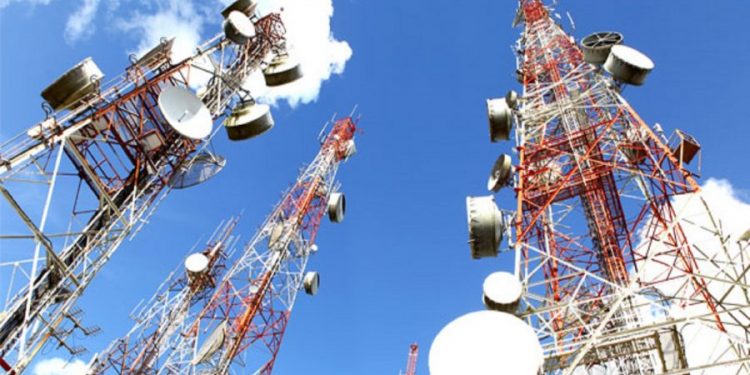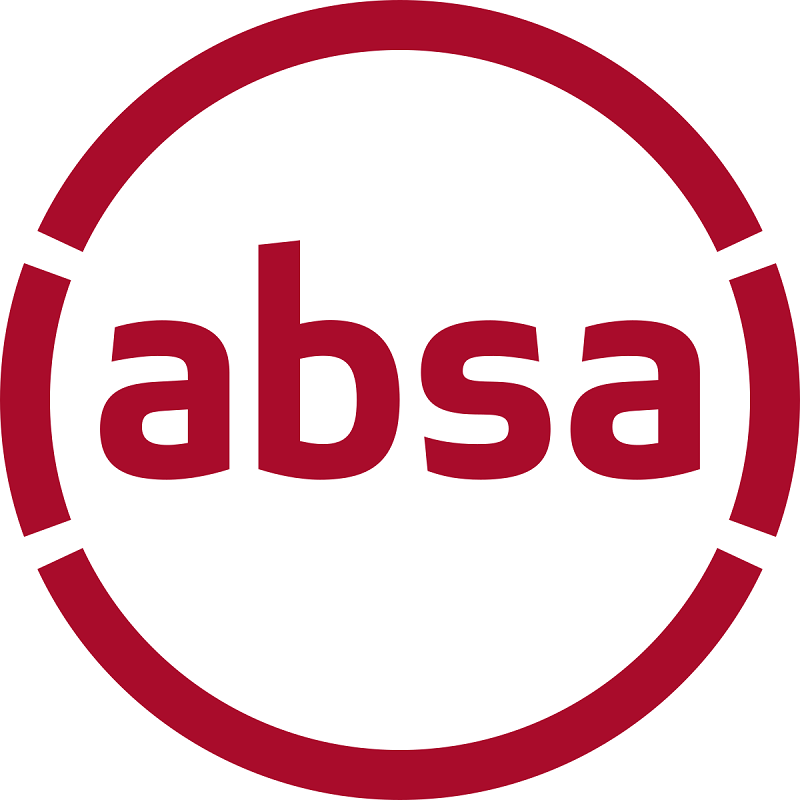Nigeria’s telecommunication companies, which spent N57.65 billion on diesel in October alone, could reduce energy costs by 30–50 percent or N17 billion through renewable energy adoption, according to GSMA, the global industry body for telcos.
In a report titled, ‘Rural renewal: telcos and sustainable energy in Africa,’ GSMA said, “For telecoms operators, renewable energy offers cost savings of 30–50 percent and significantly reduces carbon emissions, aligning with corporate sustainability and Nigeria’s climate goals.”
McKinsey had earlier noted that businesses adopting renewable energy solutions could save up to 30 percent on energy costs. Insiders in the Nigerian Communications Commission (NCC) confirmed that telcos can achieve at least 20 percent cost savings by adopting renewables.
Nigeria’s national grid operates at less than 5,000 megawatts (MW) despite a capacity of 13,014 MW because of infrastructure issues. The country has an energy demand of nearly 200,000 MW, forcing citizens to rely on alternative energy sources like petrol and diesel-powered generating sets.
The telecom sector, which supports 154 million subscribers, heavily relies on over 40 million litres of diesel monthly to power at least 34,862 towers (as of 2022)
The country’s telecoms sector, with around 154 mobile subscribers, needs a significant amount of energy. It relies on over 40 million litres of diesel per month, and 34,862 towers in 2022 were dependent on diesel generators due to unreliable grid power.
As more people come online, telcos need more power. Monthly internet usage increased by 579.39 percent from 125,149.86 terabytes (TB) in December 2019 to 850,249.09 TB in September 2024. The amount of energy needed to power data traffic is around 0.17 kWh globally. However, GSMA noted that it is 0.24 kWh per GB, reflecting the lower energy efficiency of networks on the continent.
According to the Association of Licensed Telecommunications Operators of Nigeria (ALTON), diesel accounts for 35 percent of telecoms’ operating expenses. In October, the average cost of a litre of diesel was N1441.28, meaning telcos spent at least N57.65 billion.
Gbenga Adebayo, chairman of ALTON, explained, “The biggest constraint we have in the telecom industry is the high cost of energy. If the government had fulfilled its part of the bargain it made in the early 2,000s to provide 18 hours of electricity, the heavy logistics and the capital we spend today from powering sites would not be there.”
The Shift to Renewables
To counter rising diesel prices—up 43.41 percent year-on-year from N1004.98/litre in October 2023—telecom operators are exploring renewable energy solutions, including solar and lithium batteries.
Harmanpreet Dhillon, Airtel Nigeria’s chief technical officer, who revealed that the telco spent N28 billion on diesel in May 2024, noted that the telco is exploring hybrid solutions—lithium batteries and solar—to lower its energy bill.
MTNN and Airtel have renegotiated tower contracts with ATC and IHS, prioritising energy efficiency. Because of these contracts, MTNN expects to save between N100 billion and N110 billion.
The global body highlighted that Nigeria’s solar energy potential is high, averaging 5.5 kWh/m2/day. This can help offset some of these costs, which have ballooned the operating expenses of telcos, currently agitating for increased tariffs to adjust to higher operational costs.
However, despite solar’s potential, issues like the high upfront installation costs, compounded by macroeconomic challenges, remain a barrier.
“The problem with renewables is that all the costs are upfront. However, this upfront cost can’t be compared to the daily cost of a diesel installation. For renewables, there are fixed costs and probably the cost to change batteries every five years,” an industry analyst explained.
GSMA noted that policy incentives are also limited, with regulatory frameworks underdeveloped, slowing adoption. It explained that integrating renewable systems into existing telecom infrastructure, particularly in remote areas, also presents logistical challenges.
Projects like the World Bank-supported Distributed Access through Renewable Energy Scale-up (DARES) initiative offer hope. The project aims to provide more than 17.5 million Nigerians with new or improved access to electricity through distributed renewable energy solutions, including mini-grids and standalone solar systems.
It allows telcos to leverage PPAs and pay for the energy consumed, while development partners such as the World Bank and the Rural Electrification Agency (REA) provide financing.
Adebayo of ALTON highlighted that alternative energy will not provide 24-hour backup, as it is an intervention. Kazeem Oladepo, vice president at IHS Towers, underscored that while diesel may remain a major energy source, many tower companies are increasingly integrating alternative energy sources such as solar, LPG, CNG, and others to power telecom sites.
However, one analyst noted that solar panels and telecom equipment are becoming more energy efficient. “For example, the 5G antennas are more energy efficient. To an extent, this tech can, there are improvements every day,” he said.
In 2021, Vodafone announced that its entire European operations — including mobile and fixed networks, data centres, retail, and offices — will be 100 percent powered by electricity from renewable sources, underscoring the tech’s ability to sustain network infrastructure.
According to GSMA, renewables account for 70 percent of telco energy use in Europe, 40 percent in the U.S., and just 10 percent in Sub-Saharan Africa.










